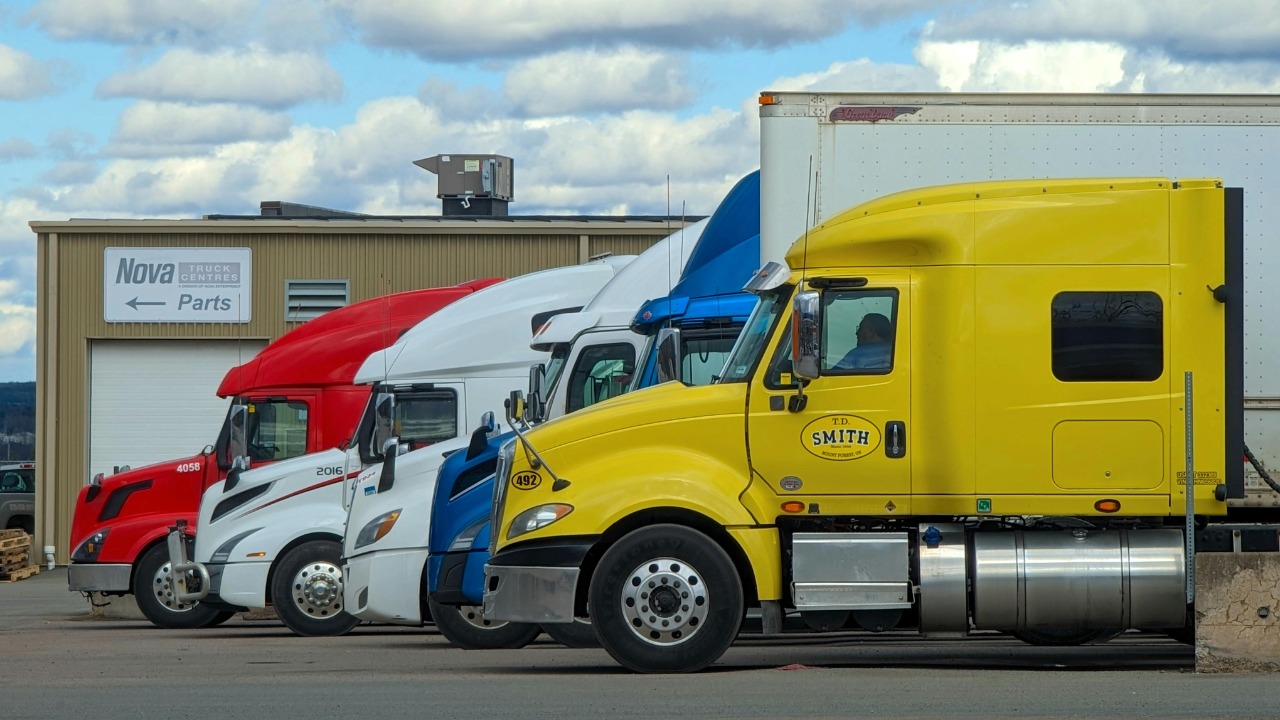
Diesel trucks have long been a staple in transportation, valued for their power and efficiency. However, recent trends suggest their dominance may be waning. Various factors, including environmental concerns, advancements in alternative technologies, economic shifts, regulatory changes, and evolving market demands, are contributing to a potential decline in diesel trucks and shaping the future of heavy-duty transportation.
Environmental Concerns

In recent years, the environmental impact of diesel emissions has come under increased scrutiny. As awareness of climate change grows, diesel engines are often criticized for their high levels of nitrogen oxides (NOx) and particulate matter, which contribute to air pollution and global warming. This has led to a surge in government regulations aimed at reducing greenhouse gas emissions, further pressuring the automotive industry to pivot away from diesel.
Public perception also plays a significant role in the shift away from diesel. Many consumers now associate diesel with pollution, pushing them toward greener alternatives. This growing consumer preference for environmentally friendly products is driving automotive companies to innovate and produce more sustainable vehicles, leading to a decline in the popularity of diesel trucks.
Advancements in Electric and Alternative Fuel Technologies
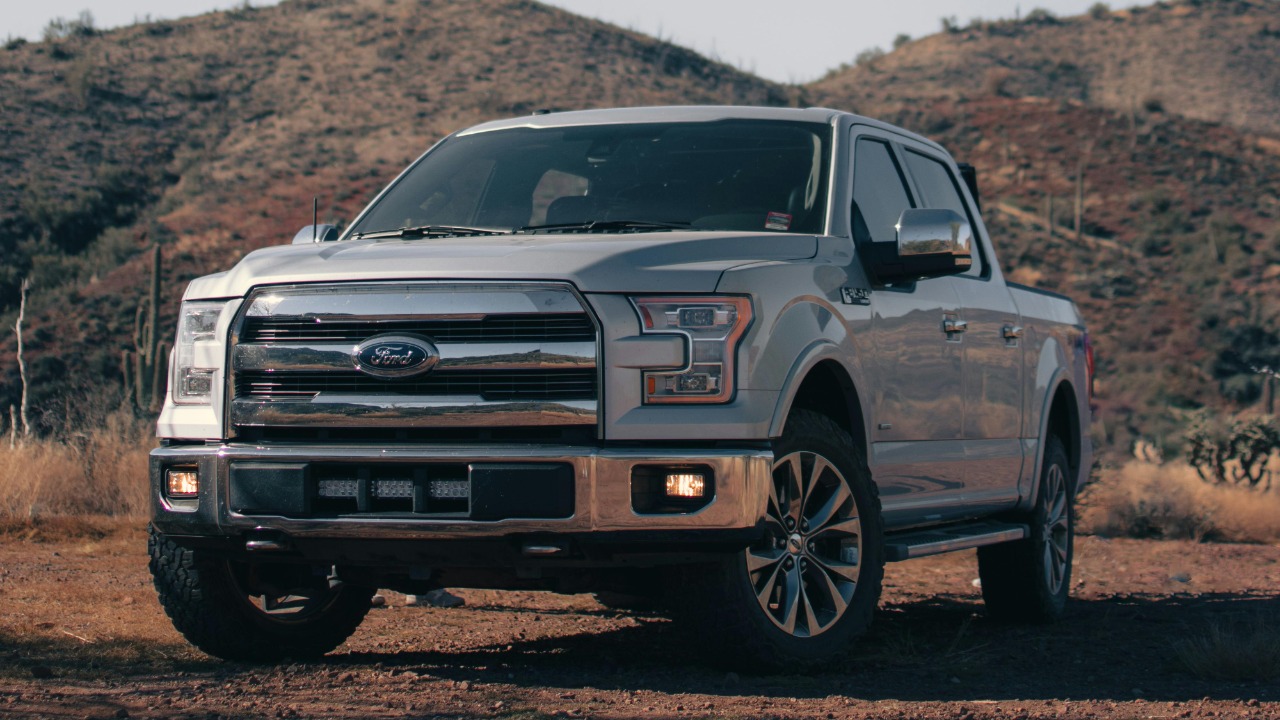
The rapid advancement of electric and alternative fuel technologies is another major factor in the potential decline of diesel trucks. Breakthroughs in battery technology have made electric trucks more affordable and viable for long-haul transportation. Companies like Tesla and Rivian are developing electric trucks with ranges and capabilities that rival traditional diesel models.
In addition to electric powertrains, hydrogen fuel cells and other alternative fuels are being explored as sustainable options for heavy-duty vehicles. Major manufacturers are investing heavily in the research and development of these technologies, signaling a significant shift in the industry. This investment is paving the way for a new era of trucking that could eventually render diesel obsolete.
Economic Factors
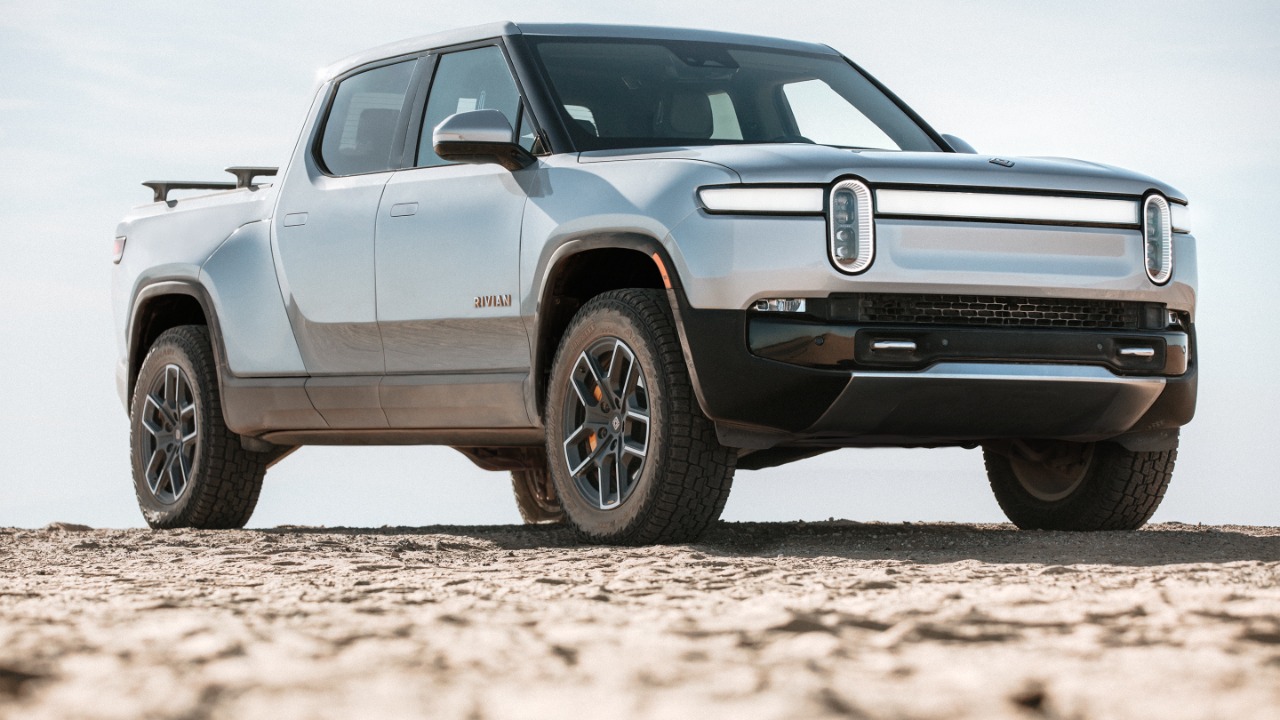
Economic considerations are also influencing the shift away from diesel trucks. The rising cost of diesel fuel, coupled with the expenses associated with maintaining diesel engines, makes them less economically attractive. In contrast, electric trucks offer lower long-term costs due to savings on fuel and maintenance.
Additionally, many governments are offering incentives and subsidies for electric vehicles, encouraging businesses to make the switch. For fleet operators, the potential for significant cost savings over time is becoming increasingly difficult to ignore, further diminishing the appeal of diesel trucks.
Regulatory Changes and Government Policies

Globally, governments are implementing policies aimed at reducing the environmental impact of transportation, which includes setting ambitious targets for phasing out diesel vehicles. Countries like the UK and France have announced plans to ban the sale of new diesel and petrol cars by 2030, pushing manufacturers to accelerate their transition to electric and hybrid models.
Urban areas are also adopting low-emission zones, where the use of diesel trucks is restricted or heavily taxed. These regulatory changes are compelling the automotive industry to comply with evolving emissions standards, spurring innovation in non-diesel powertrains and further decreasing the relevance of diesel trucks in future transportation landscapes.
Market and Consumer Trends
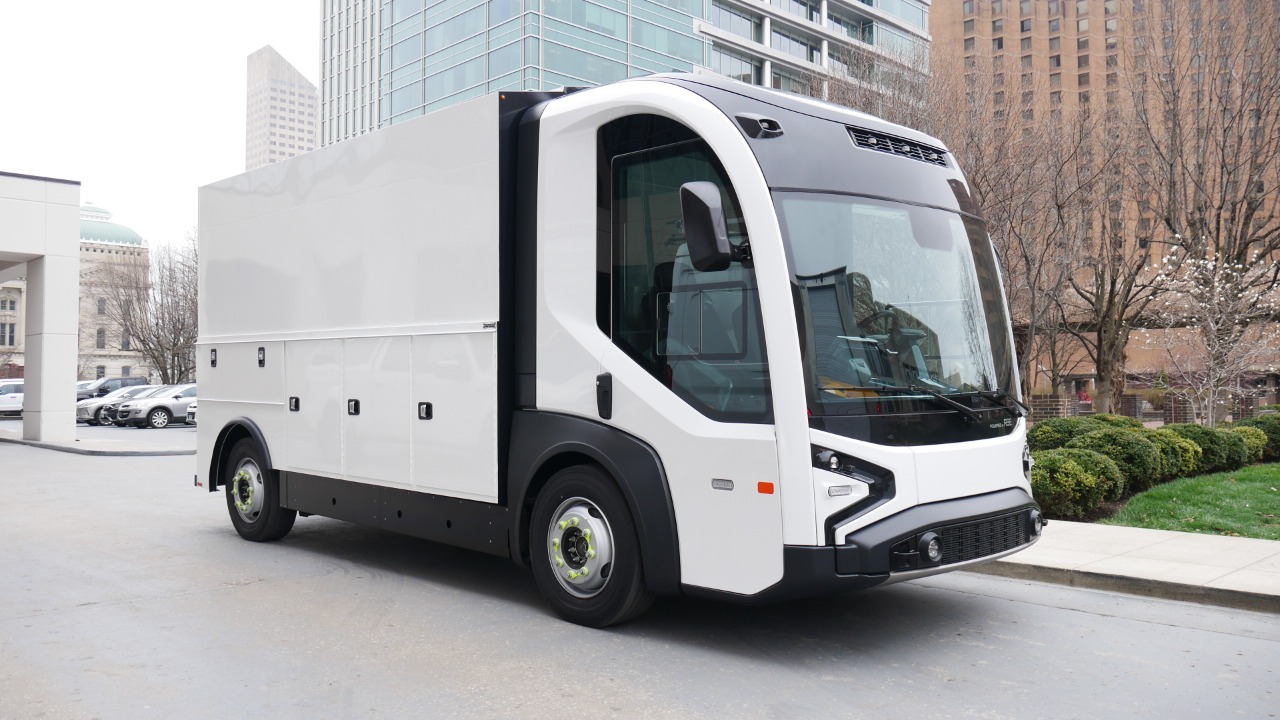
The market is responding to changing consumer preferences, with increasing demand for sustainable and environmentally friendly products. This shift is evident in the rise of e-commerce, which has driven the need for efficient and eco-friendly delivery solutions. As a result, truck manufacturers are diversifying their offerings to include electric and hybrid models.
Consumers are not only looking for greener options but also for vehicles that offer the latest in technology and efficiency. By providing electric and alternative fuel vehicles, manufacturers can tap into this demand and cater to a market that is becoming increasingly conscious of its environmental footprint.
Technological Challenges and Infrastructure Development
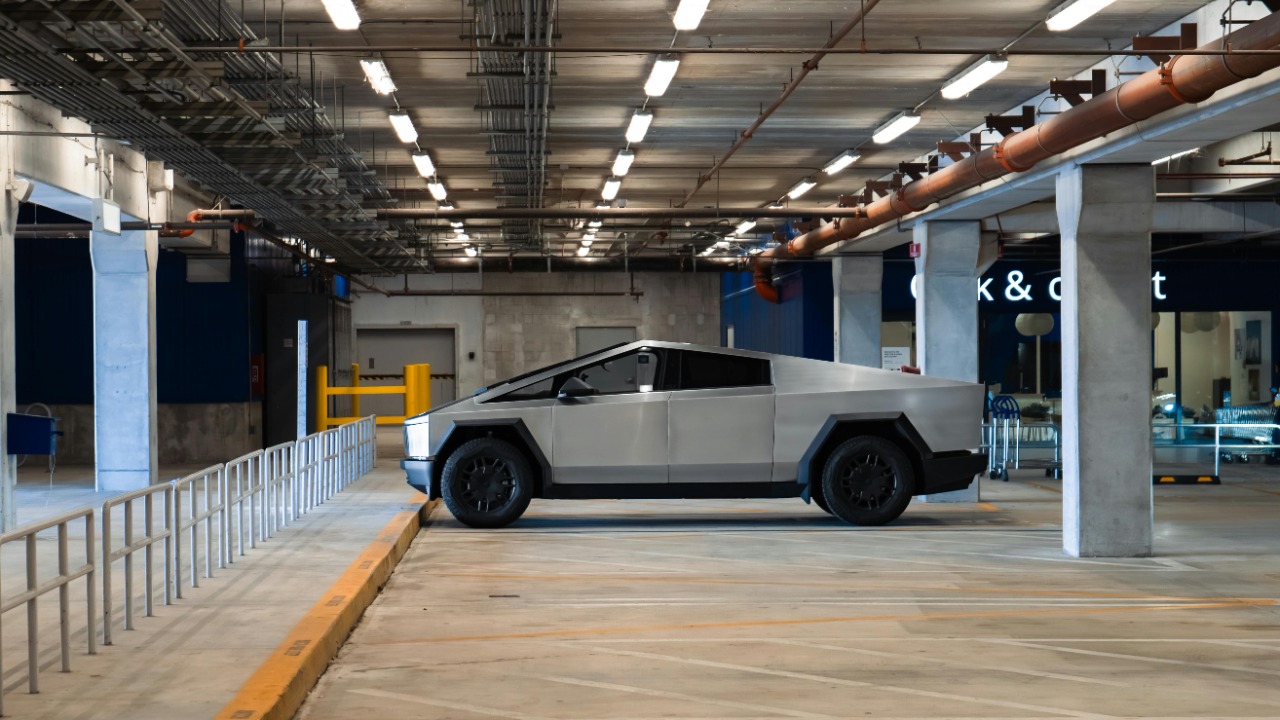
Despite the promising advances in electric and alternative fuel technologies, there are still challenges to overcome, particularly in terms of infrastructure. The availability of charging stations and the development of fast-charging technology are crucial for the widespread adoption of electric trucks. Without adequate infrastructure, the transition from diesel to electric could face significant hurdles.
However, increased investment in infrastructure and collaborations between governments and the private sector are helping to address these challenges. As these efforts progress, the foundation is being laid for a future where diesel trucks may no longer dominate the roads, paving the way for cleaner, more sustainable transport solutions.